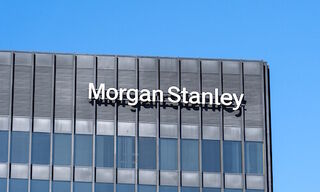Women are more likely to become successful entrepreneurs in Asia than in Western Europe or North America, according to new research from HSBC.
The study, conducted by market research company Scorpio Partnership on behalf of HSBC, found that 51 per cent of female entrepreneurs surveyed in Asia have a net worth of more than USD15 million, compared with 33 per cent surveyed in the west.
The research is based on interviews with more than 2,800 business owners with a personal wealth of more than USD1 million. It found that 40 per cent of entrepreneurs in Asia are women, compared with an average of 31 per cent in Western Europe and the US. In Hong Kong, this figure rises to 48 per cent. In Germany, it is just 21 per cent.
The survey also highlights other key differences between the new generation of entrepreneurs in Hong Kong, Singapore and mainland China and their counterparts in the UK, the US, France and Germany.
Family plays a big role for both male and female entrepreneurs in Asia: 49 per cent said they relied on family money to start their first business and 54 per cent come from families that already own a business.
Entrepreneurs in Asia also start their businesses earlier than in Western Europe and the US, at 29 versus 34 years old.
Nick Levitt, Head of the Global Solutions Group at HSBC Private Bank, said: “This study reveals that culture, society and economies can have a significant impact on what it means to be an entrepreneur. Given the massive growth in Asian economies over recent decades, it is natural that we should have so many relatively young entrepreneurs in these markets.”
Entrepreneurs in Asia are also far more likely to be focused on building a business for the long term. In mainland China, for example, 24 per cent of those surveyed said they would consider selling their business, compared with 55 per cent in the UK.
Mr Levitt added: “Once they reach a certain level of wealth, many Western entrepreneurs branch out into other ventures or move on to new projects. For Asian entrepreneurs there is more of a focus on consolidating and growing their current enterprise.”




















